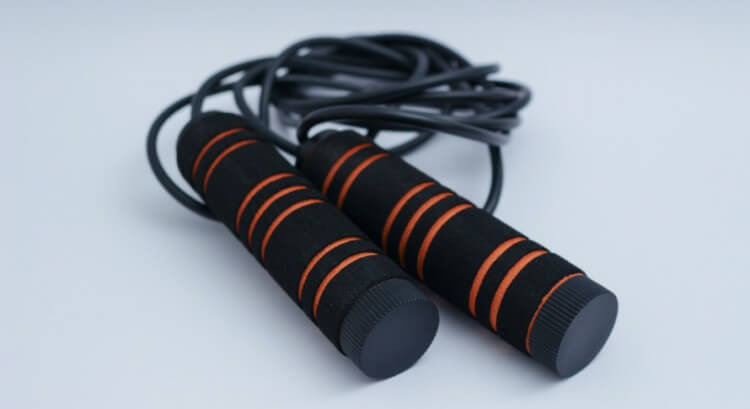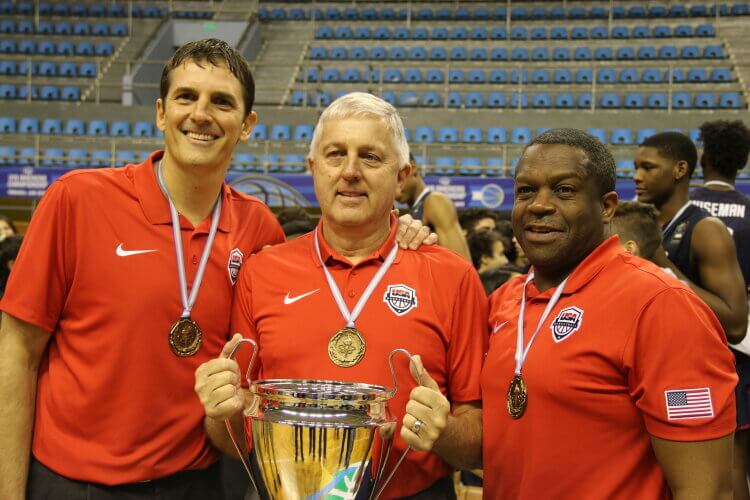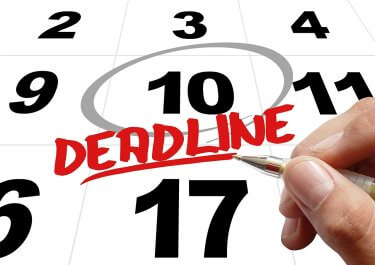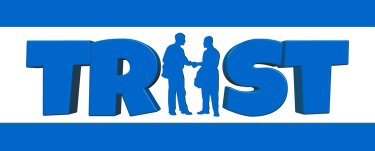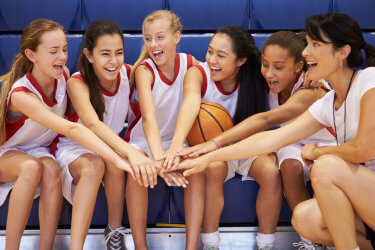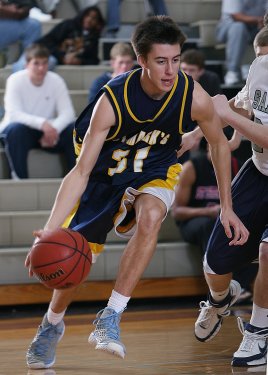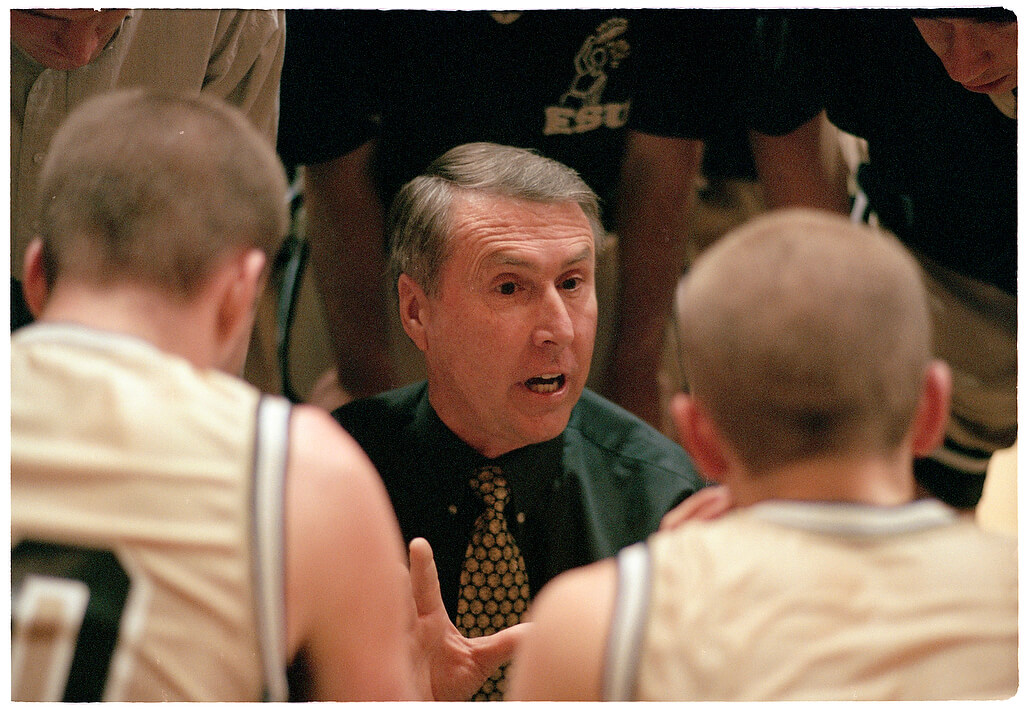
The Peabody Gazette-Herald bobbed high above the boy’s head as he shouted, “The Japanese bombed Pearl Harbor! The Japanese bombed Pearl Harbor!” Five-year-old Ron Slaymaker watched the paper boy, uncertain about all the commotion on December 7, 1941. “I remember that day,” recalled Slaymaker. “For the next four years, we were involved in World War II. Everything changed. We had to sacrifice. All the news was about the war.” Slaymaker enjoys telling stories and at 86 years old he has a lot to share. His tales entertain and often he adds flavor, and exaggerations to key details for a greater effect. But regardless of the story, the listener leaves with a lesson to apply in their lives.
One story Slaymaker likes to share when speaking at athletic banquets, coaching clinics, or community functions describes a moment during the 1960s when as a young coach he raised his hand. The moment changed his life. To Slaymaker that action set in motion a course of events that opened doors to new opportunities and experiences, keeping him in basketball for 64 years and counting. But before Slaymaker raised his hand, he grew up during one of the most significant time periods in U.S. history.
Read the full article on Sport Coach America: https://sportcoachamerica.org/i-raised-my-hand-slaymaker-reflects-on-64-year-career-in-basketball/
